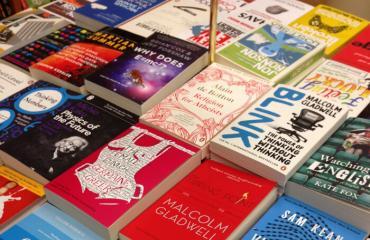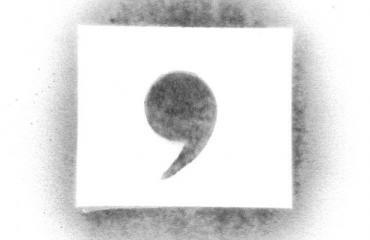
In the process of writing, it is helpful (even vital) to have other sets of fresh eyes look at your work and give you their honest opinions. Peer and professional feedback will help you hone your writing before it is published and even before it reaches the editor, saving you precious time in going from pen to print to paycheck. Joining a writing critique group, either virtually or in person, will be your weapon against common writing mistakes that are easy to miss.
Open Critique Groups
Open critique groups have no restrictions as to genre, level of experience, or any other criteria. These are the easiest groups to work with, especially for beginners. They are found both online and locally (try searching Craigslist or Meetup.com), and due to the diversity of people involved, they can help you expand your professional network. The major drawback is you may never know what types of people will be at any given meeting, so feedback can vary in quality.
Closed Critique Groups
Closed groups most often limit the number of writers who can join and may also have restrictions on genre, experience, or other criteria. They typically involve monthly or annual fees, which can hinder some talented writers from joining. On the bright side of closed groups, the numbers are smaller so you will develop trusting relationships with those critiquing your work.
Online-Only Critique Groups
Virtual or online groups also have their pros and cons. Some helpful things about them include not having to commute to local meetings, which saves you time, and being able to set your own schedule to work within them. If the lack of personal interaction bothers you, you can find one that holds meetings via Skype or Google+ for more real-time interactions.
In addition to the groups discussed above, you may want to add a critiquing partner to your network. Ideally, this should be someone familiar with your genre and your work as a whole. Having a partner gives you the flexibility of only having to arrange meeting times and places with one person. It is recommended that you choose a partner whose ideas differ a bit from yours, as this will give you a fresh perspective on your work.
No matter what critique style you choose, remember you want to vary your audience so you achieve perspectives from as many different viewpoints as possible. This will help you see your work through your readers’ eyes, as your real-world audience will also vary widely in their ideas and interests.



